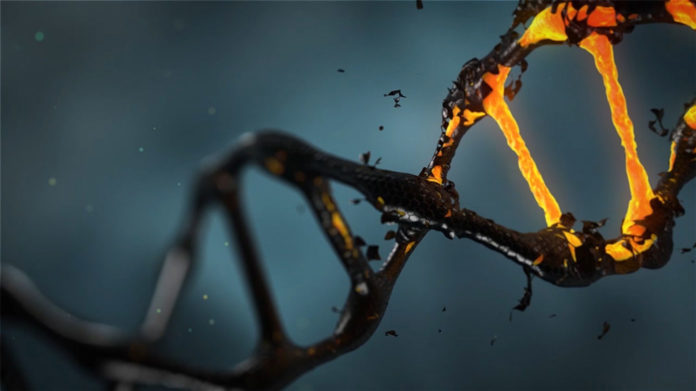Canadian biopharmaceutical company Fusion Pharmaceuticals raised $25M USD in venture capital funding to bring its targeted cancer treatment to human clinical trials.
Fusion will use a combination of targeting molecules and radiotherapeutics to combat treatment-resistant cancers. Monoclonal antibodies, molecules produced by the immune system, can selectively bind other specific molecules, such as biomarkers on cancer cells. Coupled with radiotherapeutics, they can deliver radiation specifically to tumours to reduce side effects.
Unlike most radiotherapeutics already on the market, Fusion will use medical isotopes that emit alpha particles. These highly energetic particles work over short distances about the width of a single cell, making them very precise. Capable of breaking double stranded DNA, alpha particles damage cancer cells in a way that is difficult to repair, reducing the likelihood that they will be able to recover and become resistant to therapy.
Because the radiotherapeutic will emit while attached to its guiding antibody, there is no need for it to be released for it to work. Also, the antibody can be swapped out to seek different targets specific to other cancers.
“Targeted delivery of medical isotopes that emit alpha particles can be used to kill tumor cells with remarkable precision and unprecedented potency,” said CEO John Valliant in a statement.
To establish Fusion, Valliant, also a professor of chemistry and chemical biology at McMaster University, leveraged McMaster’s unique expertise and its powerful nuclear reactor: the most powerful research reactor at any Canadian university, built in 1959 with the goal of supporting clinical applications.
For now, Fusion will be using its funding to bring its lead program to clinical trials. Named FPX-01, it will target a biomarker present on nearly all treatment-resistant cancers, delivering actinium-225 as its alpha particle emitter.
It typically takes seven to 10 years to bring new drugs like this from its first clinical trials to market. But if successful, Fusion will bring new hope to patients whose cancers are not responding to other available treatments.








































